This should work for Records Columns.
let
ExpandIt = (TableToExpand as table, optional ColumnName as text) =>
let
ListAllColumns = Table.ColumnNames(TableToExpand),
ColumnsTotal = Table.ColumnCount(TableToExpand),
CurrentColumnIndex = if (ColumnName = null) then 0 else List.PositionOf(ListAllColumns, ColumnName),
CurrentColumnName = ListAllColumns{CurrentColumnIndex},
CurrentColumnContent = Table.Column(TableToExpand, CurrentColumnName),
IsExpandable = if List.IsEmpty(List.Distinct(List.Select(CurrentColumnContent, each _ is record))) then false else true,
FieldsToExpand = if IsExpandable then Record.FieldNames(List.First(List.Select(CurrentColumnContent, each _ is record))) else {},
ColumnNewNames = List.Transform(FieldsToExpand, each CurrentColumnName &"."& _),
ExpandedTable = if IsExpandable then Table.ExpandRecordColumn(TableToExpand, CurrentColumnName, FieldsToExpand, ColumnNewNames) else TableToExpand,
NextColumnIndex = CurrentColumnIndex+1,
NextColumnName = ListAllColumns{NextColumnIndex},
OutputTable = if NextColumnIndex > ColumnsTotal-1 then ExpandedTable else @fx_ExpandIt(ExpandedTable, NextColumnName)
in
OutputTable
in
ExpandIt
This basically takes Table to Transform as the main argument,and then one by one checks if the Column Record is expandable (if column has "records" in it, it will expand it, otherwise move to next column and checks it again).
Then it returns the Output table once everything is expanded.
This function is calling the function from inside for each iteration.
